Sleep is an essential part of survival, and this is no different for athletes. Good rest is an absolutely crucial part of an athlete’s life in aiding recovery and maintaining peak physical and mental health – essential for top athletic results. Our recommendation is that elite athletes should be snoozing for at least nine hours every night to be able to fully recover from the stresses of consistent training.
After reading you will be able to:
- Appreciate the role sleep plays in athletic achievement
- Understand the impact sleep has on the body
- Know how to improve your athletic performance results via sleep
- Be aware of the health benefits of good sleep
- Implement sleep routines to improve athletic results
Whether you’re competing at the highest level or you’re simply trying to stay active to benefit your overall health, sleep is truly vital to your athletic performance and recovery, and results are hard to come by without it.
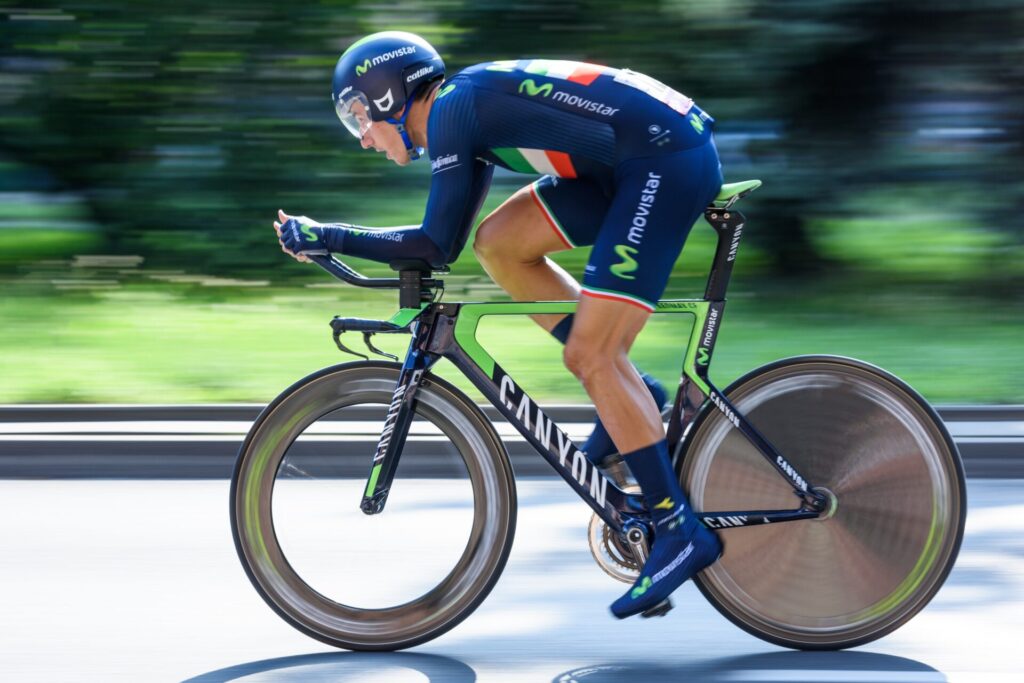
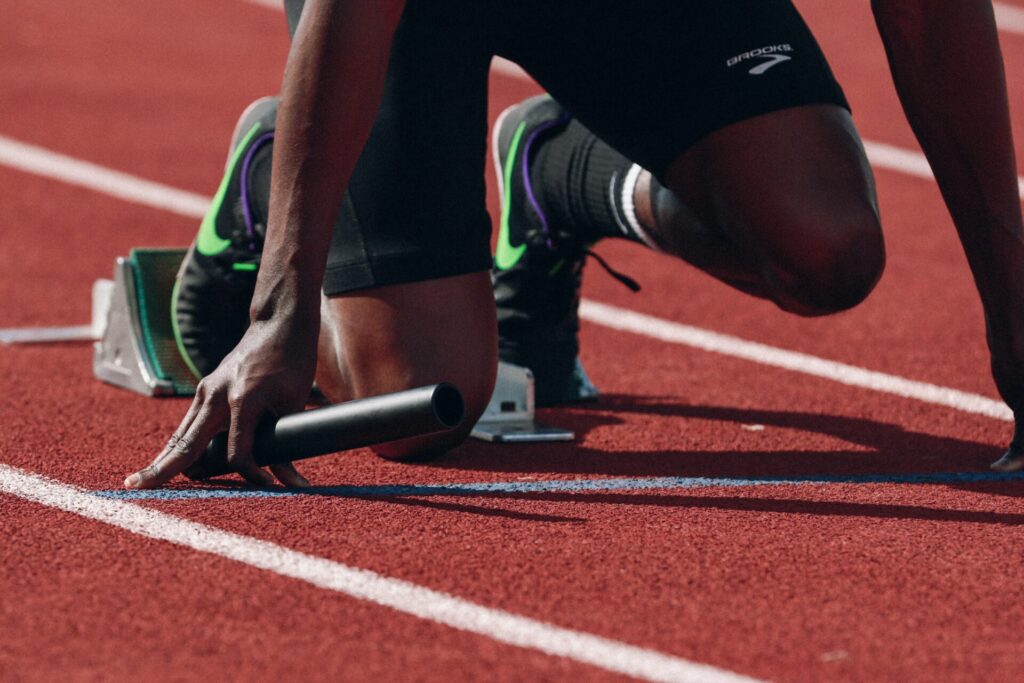
Nap Like Your Medals Depend On It
In addition to an athlete’s normal nightly sleep routine, the benefits of napping can pay dividends. If an athlete has a particularly poor night’s sleep, napping can prove beneficial in extending their rest period. Additional minutes and hours of sleep are highly recommended before an athletic event or travel. We also suggest extra sleep for athletes recovering from an injury.
We are often discussing the negative impact of staying up late, and whilst this information remains accurate across the board, for certain athletes waking up early in the morning has more of a damaging effect than staying up late can – particularly for athletes who rely on muscle strength and power.
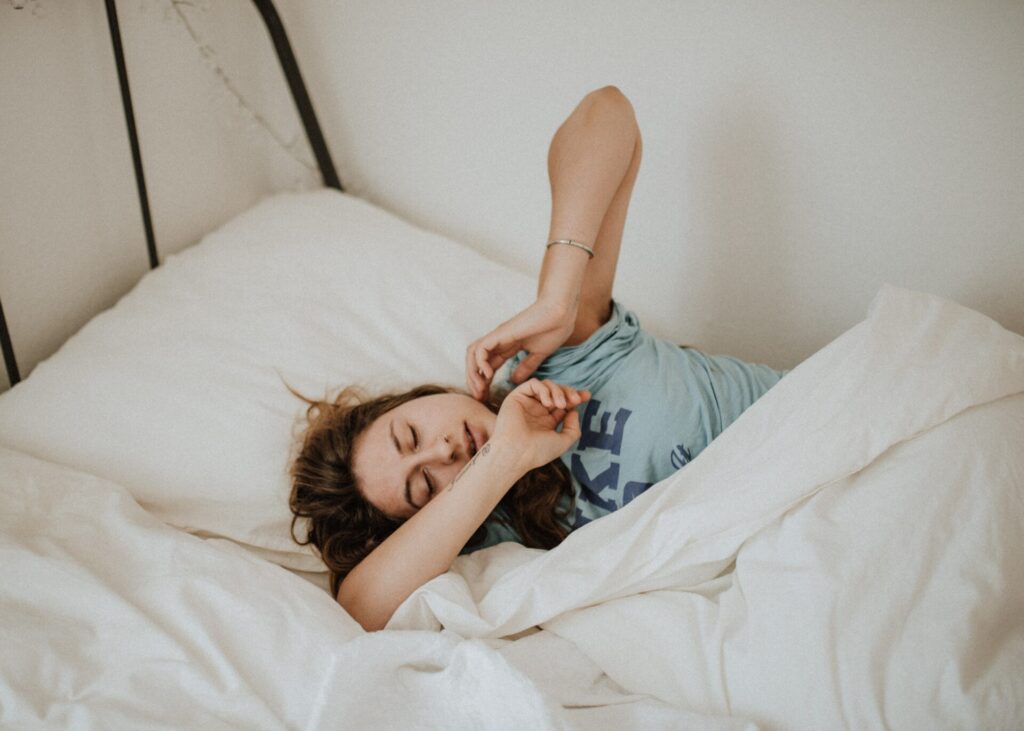

How Does Sleep Affect Athletic Performance / Results?
Studies have shown that sporting success correlates directly with increased levels of sleep quality and duration. In a study of team sports, 42 netball athletes experienced a link between sleep and positive competition results. The teams that enjoyed the highest tournament placements also enjoyed the best quality of sleep, compared to the teams who finished in the lower places. Adding to the argument of sleep leading to better sporting performance, further studies have shown that extra rest has been connected with enhanced speed and accuracy in the following sports: basketball, tennis, and swimming.
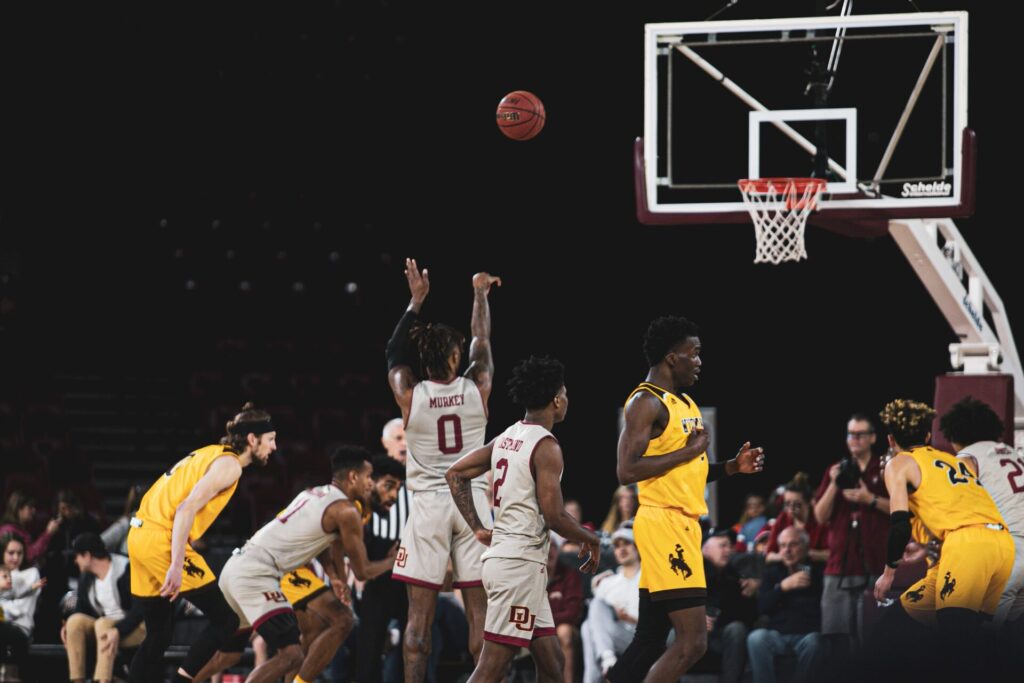
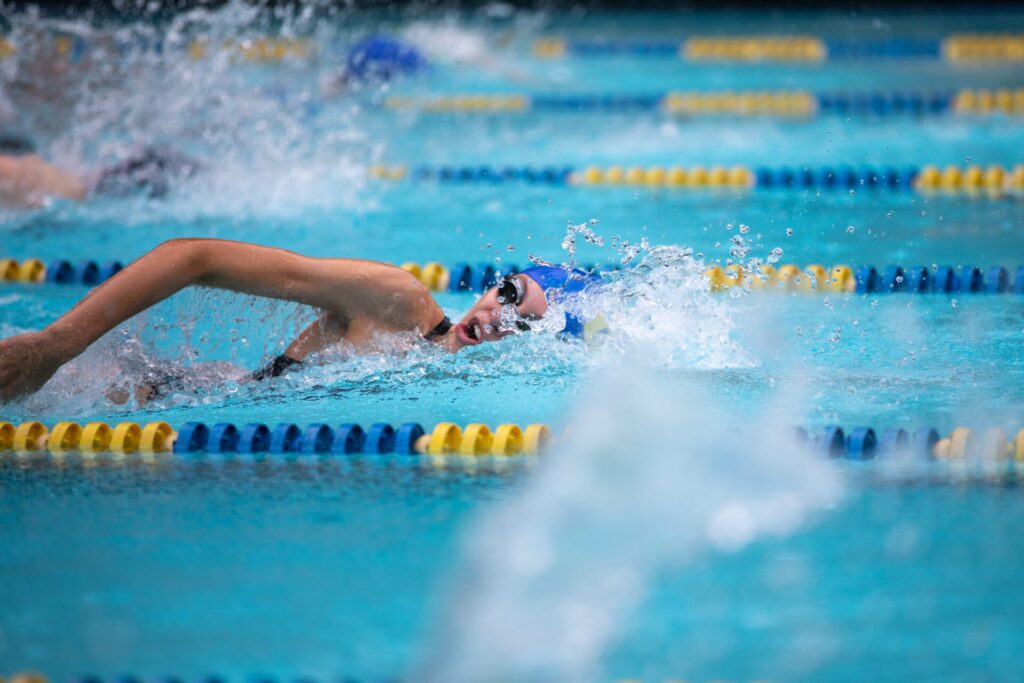
How The Body Benefits From Sleep
Hormones and Weight
The body uses sleep to regulate various hormones such as the following:
- Ghrelin – a hormone that makes us feel hungry
- Leptin – a hormone that makes us feel satiated
- Insulin – a hormone that regulates glucose
If we don’t get enough sleep then the body doesn’t get time to maintain these hormones. This can often result in high ghrelin and low leptin levels making us feel like eating more than we should, and contributing to a path towards obesity.
Insulin is an important aspect of our blood sugar levels (glucose). Your body can be put at a higher risk of developing Type 2 Diabetes if you’re deprived of sleep, as it affects reactions to insulin, allowing glucose levels to increase.
The Heart
Because blood pressure lessens during sleep, a good night’s rest plays an important part in reducing the risk of heart disease. People who regularly find themselves lacking sleep are prone to higher blood pressure as a result.
Emotional Control
As most of us are already likely aware, not getting enough sleep can lead to a poor mood. In extreme cases this can lead to depression and possible suicide, but the majority of us will experience less severe, but still important mental health issues. When we lack sleep, we lose our ability to make good decisions. More commonly described as ‘moody’, controlling our emotions becomes increasingly difficult when we’re tired, and performing at our best is almost impossible.
Cognitive Abilities
To be at the top of your game you need to stay mentally sharp. Not getting enough sleep makes concentration and attention very difficult, with employing our best creative skills and learning becoming unattainable. Memory also becomes a problem for those who lack sleep, as the rapid eye movement (REM) stage of resting is necessary for organising and cementing our thoughts. Trying to remember details after a poor night of sleep can be a very hard experience. Reaction times become terrible when the mind has not had enough time to rest fully.
The Immune System
The body’s ability to fight off infections and viruses is a vital part of remaining healthy. Sleep deprivation hampers our body’s ability to perform these function well, and can lead to serious chronic health conditions.
The Benefits Of A Good Night’s Sleep For Athletic Results
Getting enough sleep not only has its physical benefits for an athlete, but ample mental health benefits also. Below are some of the key positive features of getting enough sleep for an athlete.
Improves An Athlete’s Decision-Making
Studies show that sleep deprivation has similar effects on the body to being intoxicated. Being sleep deprived can cause a person to appear ‘drunk’, as the lack of sleep causes a depletion in mental coordination – damaging decision making and overall performance. Athletes getting adequate amounts of sleep see a far superior standard of decision making compared to those experiencing a lack of sleep.
Improves Reaction Time For Better Results
Every second counts, so when competing at an athletic level, it is crucial to be at your best, mentally. For athletes experiencing sleep deprivation, everything becomes a struggle, particularly when it comes to absorbing new information, essential for situations such as adjusting to playing against a new opponent.
Allows An Athlete’s Heart To Rest
Sleep is essential for repairing cells and tissue in the heart, vital to helping athletes recover after physical exertion. As one progresses through the stages of sleep, the changes in heart rate and breathing throughout the night promote cardiovascular health.
Signs An Athlete Has Not Had Enough Sleep To Achieve Best Results


When it comes to performance levels, there are a number of signs to look out for that an athlete may not have had enough sleep to get the results they’re after. The below list explains some of them:
Lowered Athletic Ability
Studies have shown that in male team sports, athletes who were suffering from sleep deprivation posted slower sprint times compared to those who had had adequate sleep.
Decreased Accuracy Levels
Through a deprivation of sleep, both male and female tennis players were found to have a decrease of over 50% in some cases for serving accuracy, compared to athletes who enjoyed a normal amount of sleep.
Poor Sleep Leads To Faster Exhaustion
The less sleep we get leads to faster exhaustion when performing any physical exercise the following day.


Sleep Hygiene Tips for Gaining Better Athletic Results
Sleep hygiene in essence is adhering to healthy sleep habits. Good sleep hygiene is important for everyone, regardless of being an athlete, however, sleep is crucial to achieving results for athletes, and so below you will find some tips that should be beneficial to athletes in particular:
- Create an appropriate sleeping environment – Your sleeping area should be as dark and as cool as possible, with little to no noise. If possible, this environment should be used for sleep only, so as to train the brain into unwinding whenever you are in there.
- Athletes should avoid alcohol, nicotine and caffeine before bedtime – These beverages and stimulants can interrupt sleep and lead to a more disruptive night’s sleep.
- Stay clear from electronics before bedtime – Avoid blue light devices such as TVs, mobile phones, tablets and computers for at least 30 minutes before bedtime. The blue light that these devices emit can affect your circadian rhythm and make healthy sleep harder.
- Take time to wind down each night – Try to take some time to read, take a bath, or meditate before you get into bed, as this can help you relax and get ready for sleep.
- Avoid athletic training too early or too late when possible – These can affect sleep quantity and quality, especially if your athletic schedule is inconsistent.
- Reduce stressors to maximise chances of good results – Not only do mental stresses affect your sleep quality but also affect your ability to perform at a high level.
For more advice and tips on the importance of good rest and how to improve the quality of your sleep check out the following:
8 Drinks That Will Improve Your Sleep
How To Get To Sleep Quickly (11 Tips)
Understanding The 4 Stages Of Sleep
Are You Looking To Improve Athletic Results Via Better Sleep?
Good sleep hygiene is an essential part of a healthy lifestyle for athletes. After reading this article, do you feel as if you need some help in finding a bed that’s just right for you?
Deciding on the best bed for your needs depends on several factors.
- What type of sleeper are you?
- What temperature do you sleep best in?
- What materials are you most comfortable on?
There is no need to lose sleep over trying to choose the ideal bed and bedding for your sleeping needs. Our bed experts at Land of Beds pride themselves on their specialist knowledge and ability to guide you to the bed and bedding that’s just right for you.
Our customer-first policy means we listen and give good, independent advice based on the needs of the individual. By pairing consumers up with ethically sourced, affordable, quality products, we provide as many people as possible with a great night’s sleep.
Get in touch with us on 01928 242829 if you need help finding your ideal bed.

